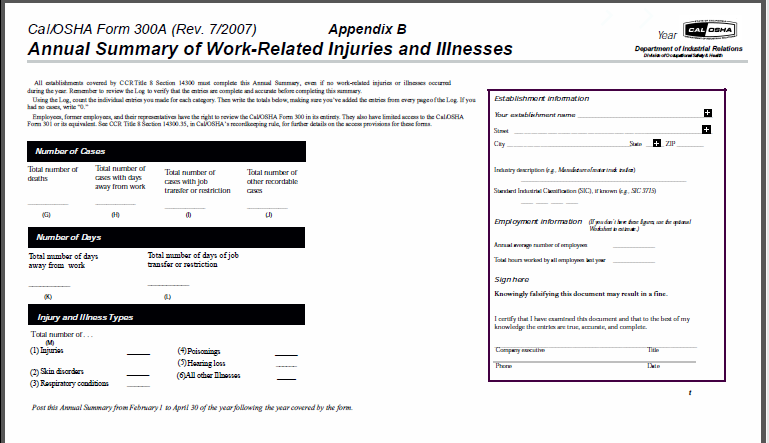CCGGA Annual Meeting Registration Deadline EXTENDED
The registration deadline for the 2018 CCGGA Annual Meeting has been extended from Friday, February 9th to Friday, February 16th. The 2018 Annual Meeting will be held at the Monterey Plaza from February 21-23.
This year’s meeting will be one for the books as we offer a new and FREE Irrigation & Nitrogen Management Plan Self Certification course on Thursday, February, 22nd in conjunction with the Annual Meeting. This specific training will prove extremely valuable as growers will be able to utilize this certification to achieve compliance for the Irrigated Lands Regulatory Program.
In addition, attendees will enjoy a Wednesday evening reception, the Annual CCGGA Golf Tournament at the Quail Lodge & Golf Club and the CCGGA Annual Meeting Dinner complete with entertainment provided by comedian Adam Ferrara! Members will dive into an information packed agenda for the Friday Business Meeting, which will include a ginner’s and a grower’s track. Topics of discussion will include an annual insect panel review, classing office activities, gin lab research updates and MUCH MORE! Guest speakers include representatives from the National Cotton Ginners Association, National Cotton Council, Cotton Inc., Supima and Association staff.
The deadline to receive rooms at the Annual Meeting discount rate has passed, rooms are now at regular price and subject to availability. Please complete and return your registration forms with payment ASAP. Deadline to register is now Friday, February 16th. You can pay for your registration online and download froms at //ccgga.org/membership/ccgga-annual-meeting/.
If you have any questions please contact our offices at (559) 252-0684.
Tentative CCGGA Annual Meeting Agenda
Wednesday, February 21, 2018
5:00 pm Welcome Reception – Lower Terrace
Thursday, February 22, 2018
8:00 am Irrigation & Nitrogen Management Plan Self Certification Workshop – Carmel Room
8:30 am CCGGA Golf Tournament – Quail Lodge and Golf Club, Carmel Valley
6:00 pm Reception – Lower Terrace
7:00 pm Dinner – Monterey Bay Room
8:00 pm Entertainment: Comedian Adam Ferrara – Monterey Bay Room
Friday, February 23, 2018
Business Meeting Agenda
8:00 am Welcome/Introductions – Phil Hansen, Chairman, CCGGA
8:05 am CCGA Financial Report – Janell Attebury, Baker Peterson Franklin
8:15 am National Cotton Council Update – Mike Brueggemann, National Cotton Council
8:35 am Supima Update – Earl P. Williams, Supima
8:55 am Cotton Inc. Update – Christi Chadwell, Cotton Inc.
9:15 am BREAKOUTS
Ginners Track
Cypress Ballroom |
Growers Track
Carmel Ballroom |
9:15-9:35
National Cotton Ginners Association Update |
Stan Creelman, President, NCGA |
9:15-10:15
Insect Pressures – 2017 Season in Review Panel Discussion |
Bob Hutmacher, UC Cooperative Extension State Cotton Specialist, Moderator Panelists: |
9:35-9:55
Cotton Ginning Laboratory Research Update |
Derek Whitelock, Research Leader, USDA-ARS, SWCGRL |
9:55-10:15
Cotton Classing Update |
Greg Townsend, Area Director, USDA AMS |
10:15 am **BREAK**
10:35 am Sacramento Update – George Soares, Kahn, Soares & Conway
10:55 am Regulatory and Legislative Issues Update
Roger Isom, President/CEO, CCGGA
Christopher McGlothlin, Director of Technical Services, CCGGA
Jodi Raley, Director of Regulatory Affairs, CCGGA
11:55 am Closing Remarks – Phil Hansen, Chairman, CCGGA
Regular Registration Packet
Associate Packet
Irrigation & Nitrogen Management Training Registration
